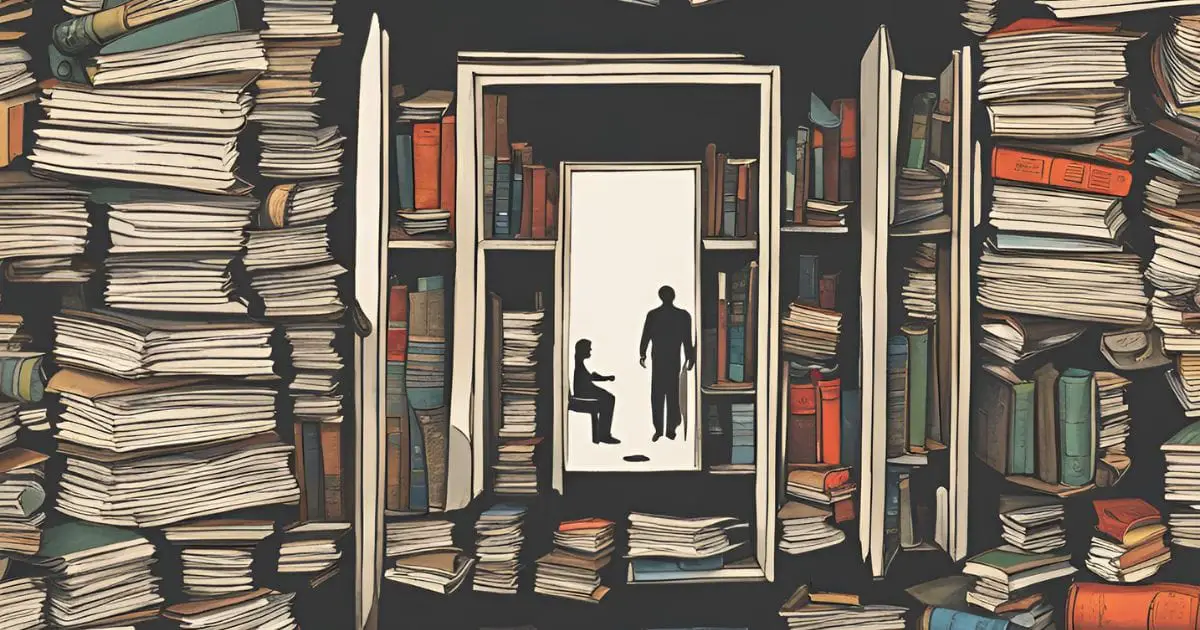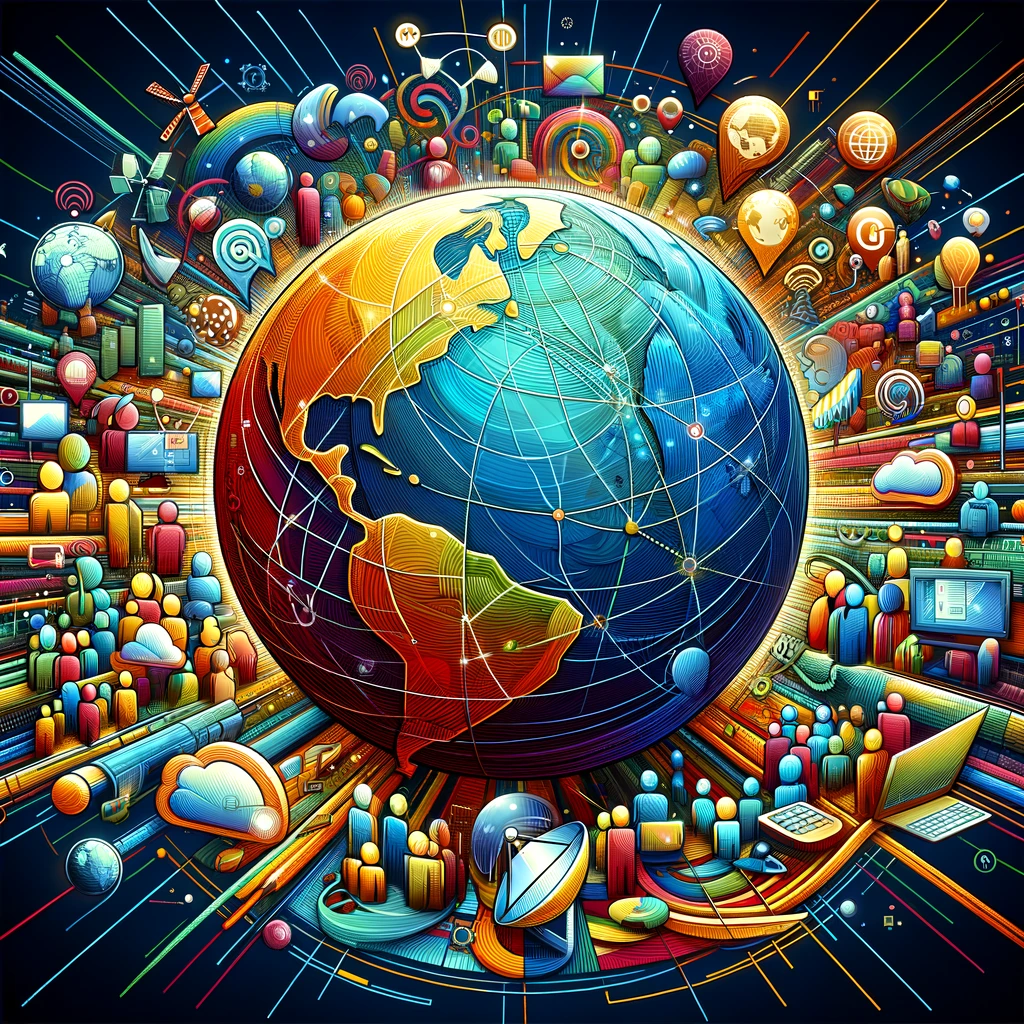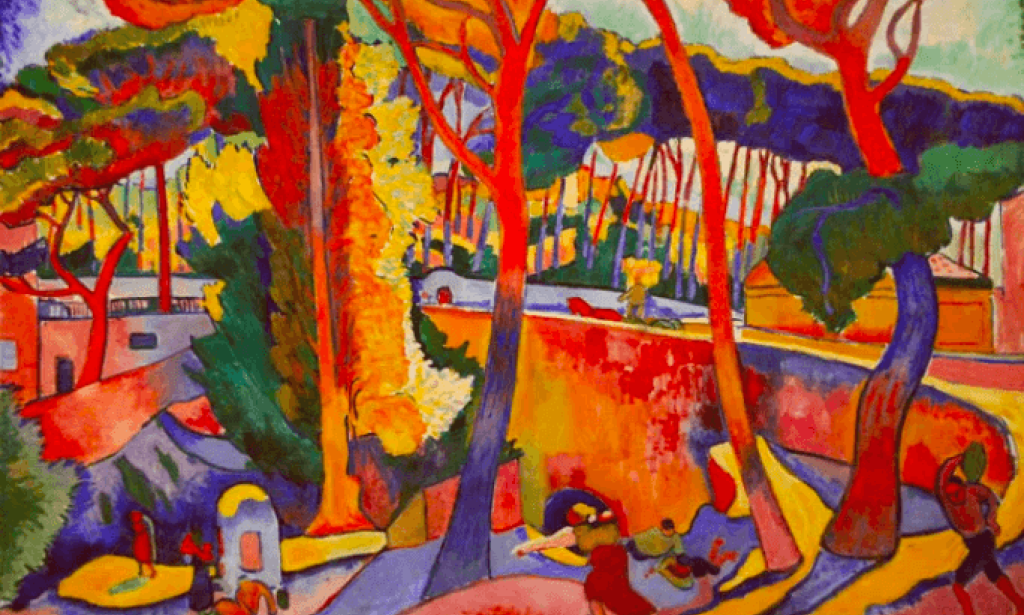1. Introduction: Literature as a Reflection of Society
Literature is one of the most enduring forms of human expression, capturing the essence of different eras and societies. It reflects the struggles, triumphs, and values of its time, offering readers insight into diverse perspectives and experiences. Beyond mere storytelling, literature serves as a lens through which we understand human nature and societal complexities.
From ancient epics like The Iliad to contemporary novels addressing climate change, literature has always been more than art—it is a record of human thought and culture. It bridges the gap between generations, preserving historical narratives and cultural identities while inspiring new interpretations and ideas.
2. The Role of Literature in Cultural and Political Movements
Throughout history, literature has been a powerful tool for cultural and political expression. Writers have used their works to critique societal norms, advocate for change, and inspire movements. For instance, Harriet Beecher Stowe's Uncle Tom's Cabin played a significant role in shaping public opinion against slavery in the United States.
The Romantic movement, with its emphasis on emotion and individualism, responded to the industrial revolution and rationalism of the Enlightenment era. Similarly, modernist writers like Virginia Woolf and James Joyce broke away from traditional forms to explore the fragmented realities of the 20th century. Literature, in these contexts, becomes a voice for resistance and innovation.
3. Key Literary Movements Through History
Literary movements have defined distinct eras, each characterized by unique themes and styles. Some of the most notable include:
- The Renaissance: Marked by the revival of classical learning and humanism, this period saw works like Shakespeare's plays and Dante's Divine Comedy.
- Romanticism: Emerging in the late 18th century, it emphasized nature, emotion, and individuality, with authors like Wordsworth and Shelley leading the charge.
- Realism: Reacting against Romanticism, Realism depicted everyday life and social issues, as seen in the works of Tolstoy and Dickens.
- Modernism: A response to the disillusionment of the World Wars, Modernism embraced experimental forms and themes, with figures like T.S. Eliot and Franz Kafka.
- Postmodernism: Challenging narratives and embracing ambiguity, Postmodernism blurred the boundaries between genres and styles, as exemplified by writers like Salman Rushdie and Thomas Pynchon.
Each movement has left an indelible mark on the literary world, influencing subsequent generations of writers and thinkers.
4. Literature as a Catalyst for Social Change
Literature has the unique ability to address societal issues and inspire change. Works like George Orwell’s 1984 and Aldous Huxley’s Brave New World warned of the dangers of totalitarian regimes and unchecked technological advancement, shaping public discourse.
Poetry and prose have also been integral to civil rights movements, with figures like Langston Hughes and Maya Angelou using their words to fight for equality and justice. By addressing themes of oppression, freedom, and identity, literature has sparked conversations that lead to tangible change, both at personal and societal levels.
5. The Intersection of Literature and Modern Movements
In the digital age, literature continues to play a vital role in modern movements. Blogs, social media, and online publications have democratized literary expression, giving a platform to diverse voices that were historically marginalized. Movements like #MeToo and Black Lives Matter have been amplified through literary works, essays, and poetry that challenge the status quo.
Graphic novels, spoken word poetry, and experimental fiction are also gaining prominence, reflecting the evolving ways literature engages with audiences. As technology reshapes the literary landscape, its capacity to inspire, critique, and transform remains undiminished.



You must be logged in to post a comment.